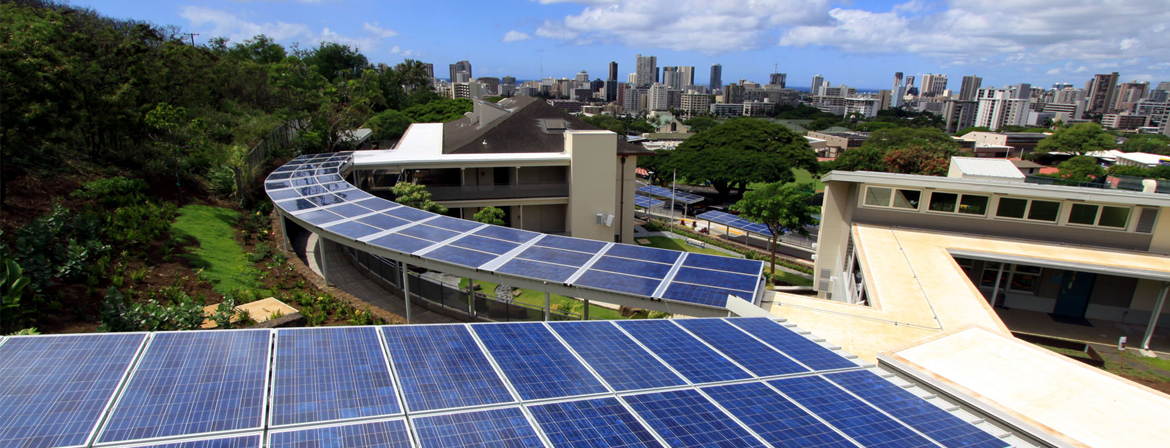Factors Influencing the Acceptability of Energy Policies: A Test of VBN Theory
Steg, L., Dreijerink, L., & Abrahamse, W. (2005). Factors influencing the acceptability of energy policies: A test of VBN theory. Journal of Environmental Psychology, 25(4), 415-425.
Are Psychological and Ecological Well-Being Compatible? The Role of Values, Mindfulness, and Lifestyle
Brown, K., & Kasser, T. (2005). Are psychological and ecological well-being compatible? The role of values, mindfulness, and lifestyle. Social Indicators Research, 74(2), 349-368.
The Ways That People Talk About Natural Resources: Discursive Strategies as Barriers to Environmentally Sustainable Practices
Kurz, T., Donaghue, N., Rapley, M., & Walker, I. (2005). The ways that people talk about natural resources: Discursive strategies as barriers to environmentally sustainable practices. British Journal of Social Psychology, 44(4), 603-620.
Utilizing a Social-Ecological Framework to Promote Water and Energy Conservation: A Field Experiment
Kurz, T., Donaghue, N., & Walker, I. (2005). Utilizing a social-ecological framework to promote water and energy conservation: A field experiment. Journal of Applied Social Psychology, 35(6), 1281-1300.
Effecting Durable Change: A Team Approach to Improve Environmental Behavior in the Household
Staats, H., Harland, P., & Wilke, H. (2004). Effecting Durable Change: A Team Approach to Improve Environmental Behavior in the Household. Environment and Behavior, 36(3), 341-367.
A Cognitive Dissonance Interpretation of Consistencies and Inconsistencies in Environmentally Responsible Behavior
Thogersen, J. (2004). A cognitive dissonance interpretation of consistencies and inconsistencies in environmentally responsible behavior. Journal of Environmental Psychology, 24(1), 93-103.
Measurement and Determinants of Environmentally Significant Consumer Behavior
Gatersleben, B., Steg, L., & Vlek, C. (2002). Measurement and determinants of environmentally significant consumer behavior. Environment and Behavior, 34(3), 335-362.
Human Values and the Emergence of a Sustainable Consumption Pattern: A Panel Study
Thogersen, J., & Ölander, F. (2002). Human values and the emergence of a sustainable consumption pattern: A panel study. Journal of Economic Psychology, 23(5), 605-630.
Motivating Residents to Conserve Energy Without Financial Incentives
McMakin, A., Malone, E., & Lundgren, R. (2002). Motivating residents to conserve energy without financial incentives. Environment and Behavior, 34(6), 848-863.
Consumers' environmental Behavior: Generalized, Sector-Based, or Compensatory?
Bratt, C. (1999). Consumers' environmental beahvior: Generalized, sector-based, or compensatory?. Environment and Behavior, 31(1), 28-44.



